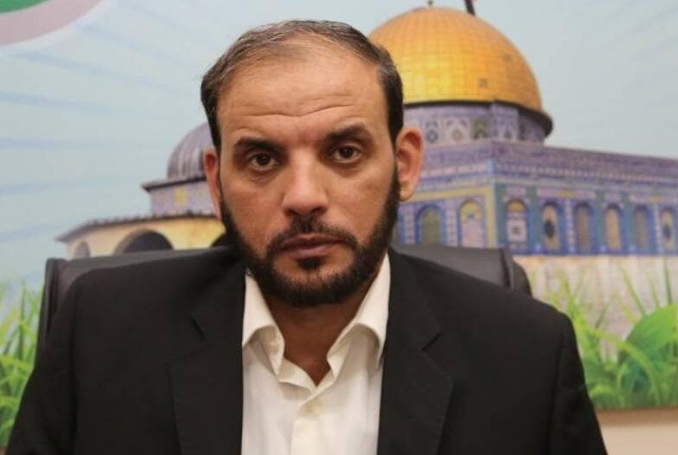Indian families deceived in Russia’s war hope Modi will bring them home | News on Russia-Ukraine war

Kalimpong, India – Ambika Tamang was never convinced by her husband Urgen Tamang’s plan to move to Russia to find a better-paying job in light of the country’s war with Ukraine.
However, given his insistence, she said there was not much she could do and bid him a hasty farewell on January 18 of this year.
“Our family needed it,” Ambika, 44, told Al Jazeera at her home in Kalimpong, a picturesque town in the Neora Valley of the Himalayas in the eastern Indian state of West Bengal. “Educating our daughters required this money.”
That’s why Urgen worked as a private security guard in the western state of Gujarat, about 1,400 miles (2,270 kilometers) from home. And that’s what led him to move to Russia, Ambika said, after paying an agent 600,000 Indian rupees ($7,180) from the family’s savings.
Urgen had never been to a foreign country before. Two weeks later, he found himself on the bloody front lines of Russia’s ongoing war against Ukraine.
The Tamang family felt betrayed. Thousands of kilometers away from the war front, Ambika is closely monitoring the foreign conflict.
“He never wanted to do this. This is not our war,” she told Al Jazeera. “I fear for his safe return.”

Like the Tamangs, nearly 50 Indian families are in a bind after their relatives were duped into fighting for Russia on the front lines with Ukraine. At least four of these recruits have already died, while hopes for the safe return of others remain slim. Until now.
Indian Prime Minister Narendra Modi’s first visit to Moscow since the outbreak of war more than two years ago is intended to secure the release of dozens of men who were deceived by agents with job offers and allegedly recruited by the Russian military.
Modi met with Russian President Vladimir Putin for dinner on Monday evening and is said to have raised the issue of the return of Indians fighting in Russia.
“Trapped in dreams”
Since Urgen served in the army as a havaldar, the Indian equivalent of a sergeant, and later as a private security guard in Gujarat, Ambika has adjusted to living at home with her two daughters, aged 8 and 12.
“When he told me two weeks before he left that he was going to go to Russia, I didn’t agree because we would be all alone here. And it’s a foreign country,” she said. “But he was just caught up in the dreams that the agent had shown him. He just wanted to get away as quickly as possible.”
After arriving in Russia, Urgen stayed in touch by phone for a week, then went silent for two weeks until, on March 22, he somehow managed to make contact through an unstable internet connection and asked Ambika to search for his video on YouTube.
“I am trapped here, please evacuate me,” Tamang says in the video, addressing Indian government authorities. “I have been tricked by the agent…please save me.”
Since then, Ambika says, the days have passed in fear. Urgen still manages to connect with her on rare occasions. The WhatsApp messages are short, assuring her that he is fine, updating her on the position of their battalion, often a cry for help and sometimes a promise from his wife that she will take care of herself.
Ambika breaks down as she plays an audio message from Urgen in a guest room while her children play ball in the garden. “My children are still young and ask me how much longer we should wait,” she says, sobbing. “I tell them he is at work and will come back one day soon.”
Diplomatic efforts
The return of several men who claimed they were lured into working for the Russian army by false promises of jobs has been the subject of long-standing diplomatic efforts by India.
The issue was also raised by Indian External Affairs Minister S. Jaishankar during his meeting with his Russian counterpart Sergei Lavrov at the Shanghai Cooperation Organisation summit in Astana last month.
The issue was first raised by Asaduddin Owaisi, a member of parliament from the southern Indian city of Hyderabad, after several families from his constituency contacted him. The Ministry of External Affairs said nearly 10 people who had contacted the Indian Embassy in Moscow had returned home following an intervention by the Kremlin.
Similar recruits have been brought in from neighboring Nepal, Sri Lanka and China to fight on the front lines against Russia. Like India, the Nepali government has reportedly asked the Kremlin for the return of its citizens sent to the war zones.
Meanwhile, the Tamang family in Kalimpong has its own reasons for keeping calm while the Indian president holds talks in Moscow.
“We call on the Indian government to facilitate Urgen’s return by all means possible,” said Ambika. “How long will I continue to lie to my children?”



